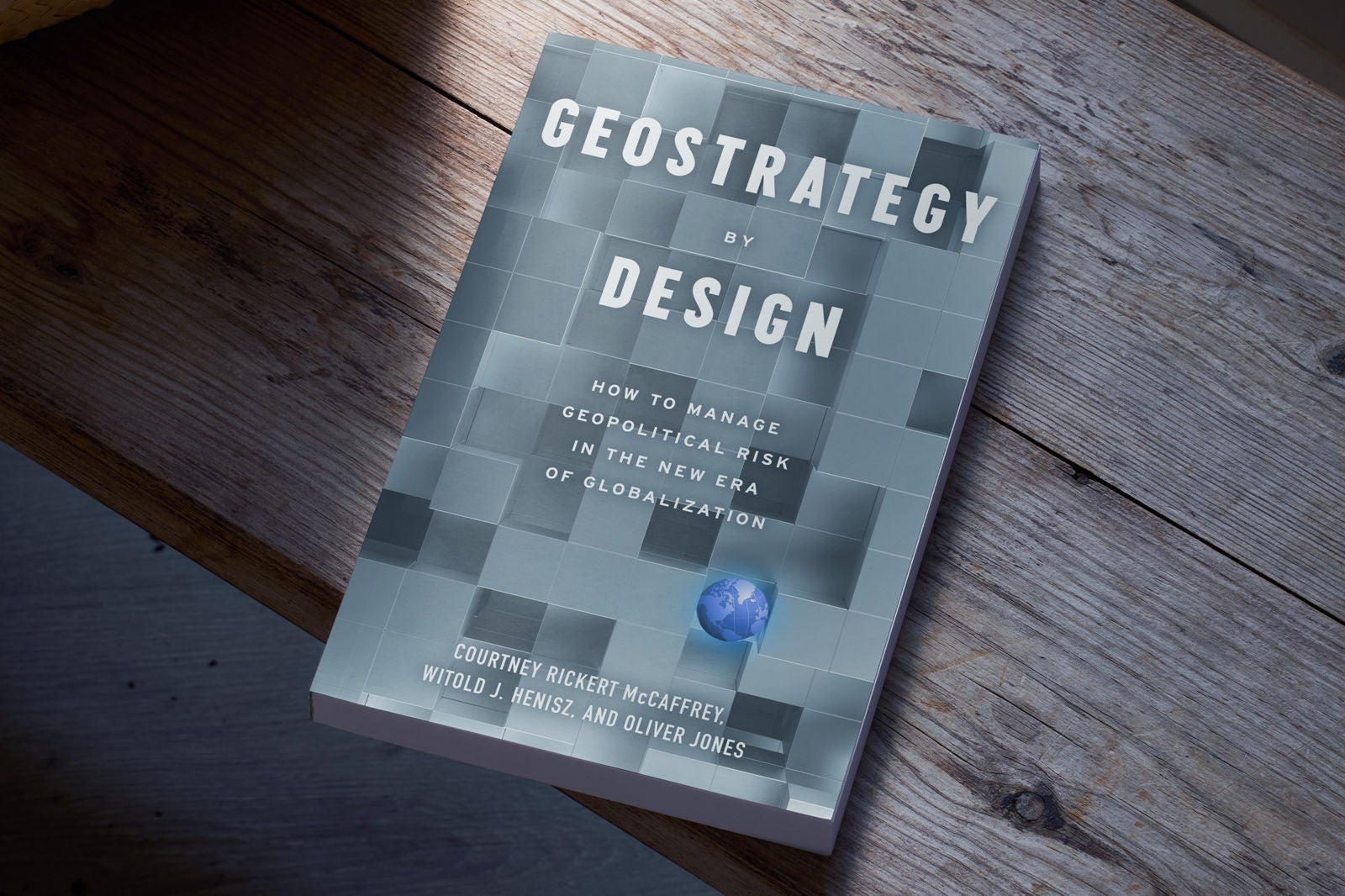That performance, however, was driven by a strong flow of mega-deals (US$10b+) with 16 deals in the quarter, the highest number since 3Q 2021, at the height of the M&A supercycle that lasted from July 2020 to June 2022.
There are still major areas of weakness in the broader M&A market. Private equity (PE) activity – both acquisitions and exits – did not rise significantly, and deal activity in sectors such as consumer and retail remained at a lower level.
But executives are looking at M&A more positively than at the start of the year, with both acquisition and divestiture intentions being upgraded since the CEO survey in January.
Most striking is the sharp uptick in intentions to divest an asset or part of the business, either through a trade sale, a sale to PE, or a spin.
In 2024, more companies are likely to look toward offloading parts of their business to either bring greater focus to their core operations or to raise capital for investing in their remaining portfolio.
Overall global debt capital market (DCM) activity totaled US$2.9t during the first quarter of 2024, up 16% compared with the first quarter of 2023, marking the strongest opening period for DCM activity since records began in 1980. Similar analysis shows equity capital markets activity totaling US$141b during the first quarter of 2024, a 1% increase compared with the first quarter of 2023 and the strongest opening period for global equity capital markets activity in three years.
With global funding markets currently more open in 2024 than 2023, acquirors should be more confident in securing funding. But markets could quickly tighten again, as significant voting in this global election supercycle comes closer.
Companies looking to divest will also be supported by increasing appetite for new issues on exchanges and the long-awaited return of PE as a competitive buyer, however the exact time of the return of PE as a major player in M&A is still to be determined. There may have to be a settling of monetary policy path before a more robust and sustained return.










